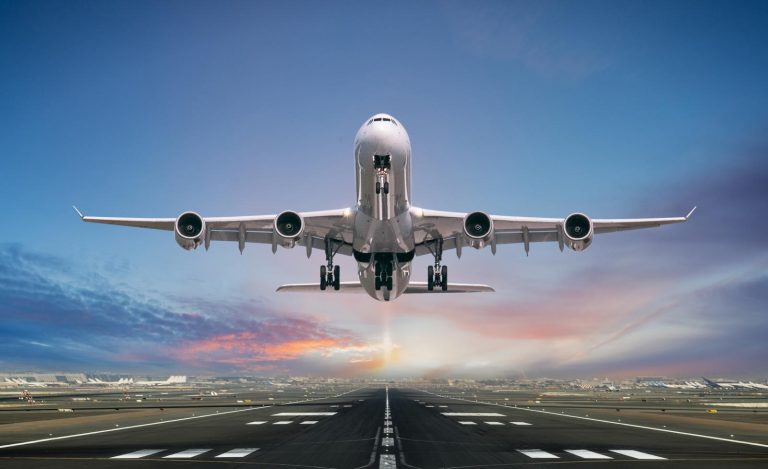The Nigerian Civil Aviation Authority (NCAA) has established a committee aimed at reducing the high costs of airfares, especially for international travel.
This announcement was made by Captain Chris Najomo, the Acting Director-General of the NCAA, via a video press release posted on the Authority’s official X (formerly Twitter) handle on Monday.
Najomo, who noted the Authority’s awareness of the increased and high costs of international air travel in the country, disclosed that he has set up a high-powered committee to examine all the factors affecting airfare prices and how they can be lowered.
The Acting General of the NCAA further stated that the Authority had convened meetings with airlines, stakeholders, and other agencies to ensure the reduction of international airfares in Nigeria is achieved.
Here’s what Captain Chris Najomo said:
- “It has come to the notice of this Authority (NCAA) about the increase and high cost of air fares, especially on the international travels.
- “NCAA, in a view of trying to make sure that these air fares are brought down have decided to set up a high-powered committee which will look at all the variances and how we can bring down this air fares down.
- “We’ve met with the airlines and other stakeholders and other agencies to make sure that this is done.”
What you should know
- Nairametrics previously reported that in October, the House of Representatives tasked its aviation committee with investigating the steep increase in international flight prices and inadequate service in the aviation sector, particularly by foreign airlines in Nigeria.
- Honorable Moshood Olarewaju Oshun proposed a motion titled “Need to Address Excessive Airfares by International Airlines in Nigeria,” highlighting that neighboring West African countries like Ghana and Benin Republic have more reasonable fares.
- He also criticized the poor service and aging aircraft used by these airlines despite their high prices.
- Oshun warned that if action is not taken to control these fare hikes, it would become challenging for average Nigerians to afford international travel, potentially harming the nation’s economy.

